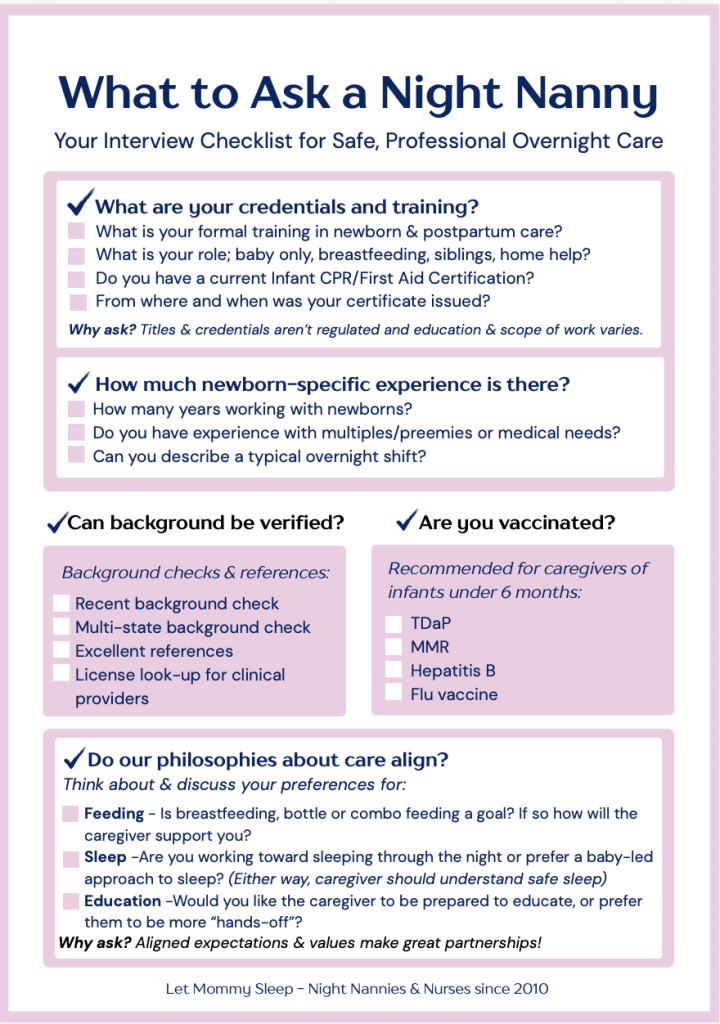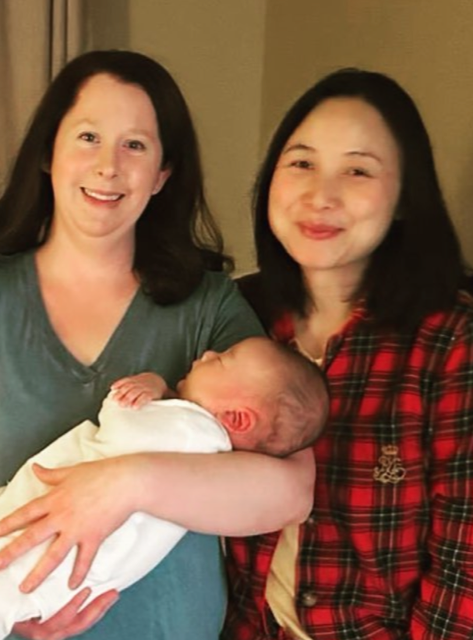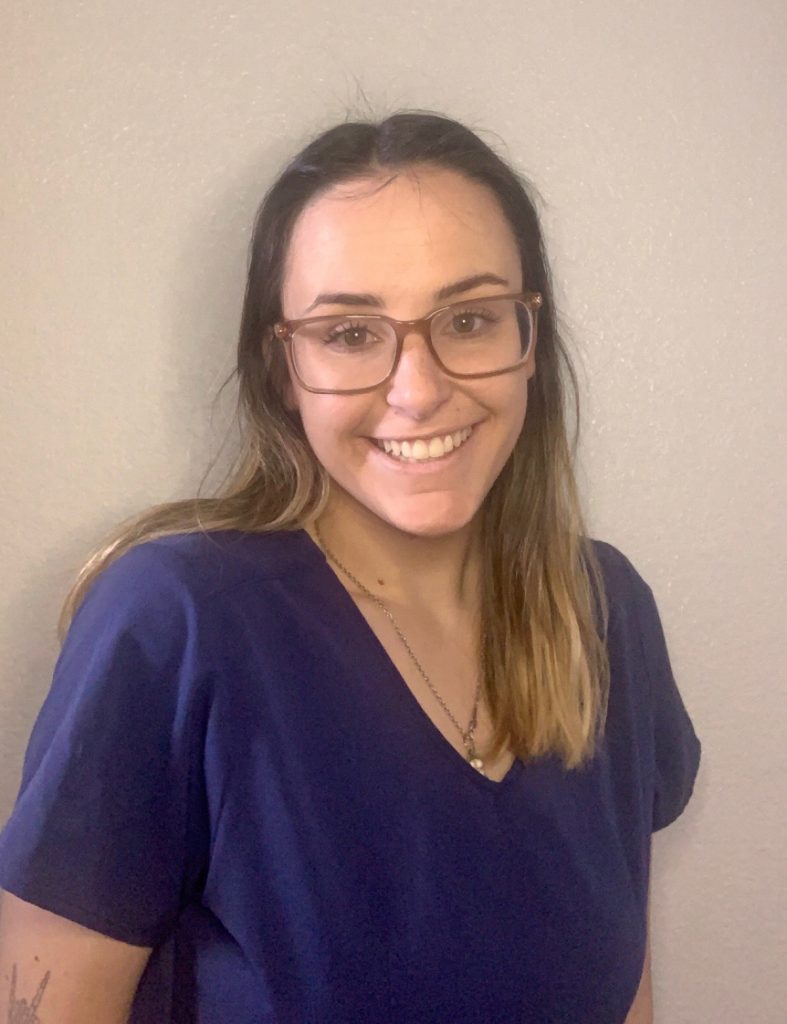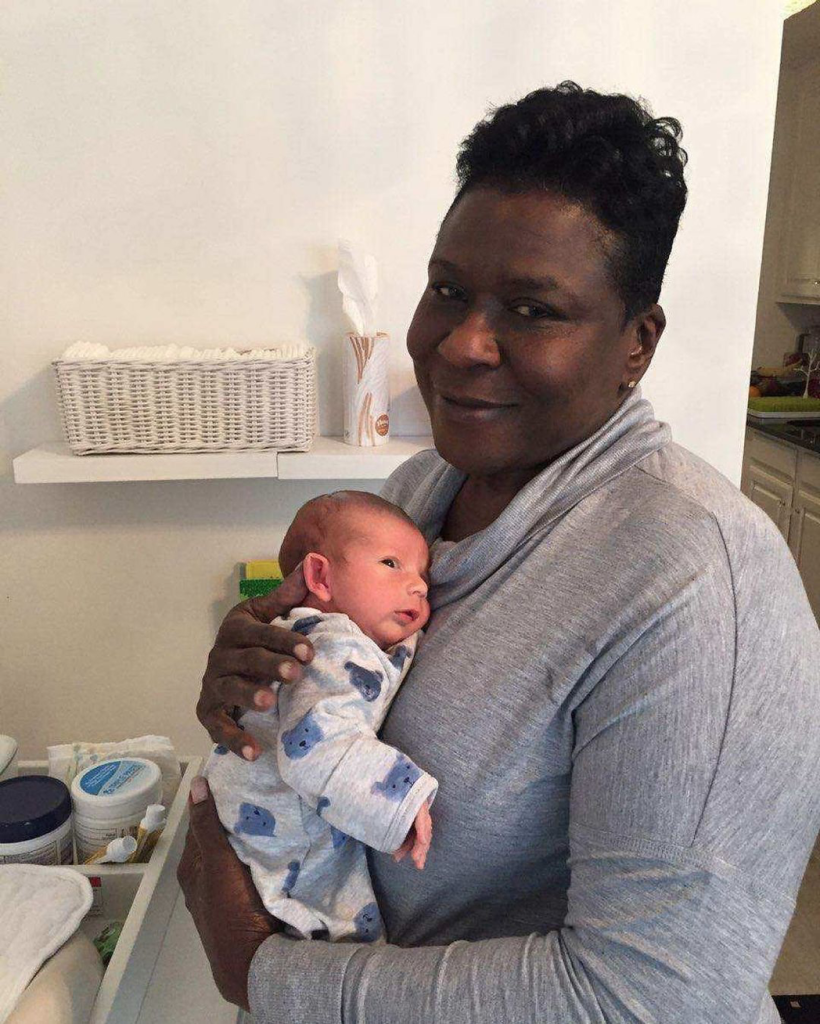What Should I ask a Night Nurse?
Newborns and their parents have different needs than families with older kids. Postpartum care, breast and bottle feeding and infant sleep safety are just a few of the areas that make overnight newborn care different. If you’re wondering, What Should I ask a Night Nurse to find a great postpartum care, this blog is for you!
Question 1: Are you a Nurse?
The terms Night Nurse and Baby Nurse have been used for many years, but they are not always technically correct! Nurse is a legally protected term in most of the US and may only be used by Registered Nurses (RN) and Licensed Practical Nurses (LPN) or Licensed Vocational Nurses (LVN). Just like every tissue is not a “Kleenex” not every baby nurse is an RN or LPN! If you’re interviewing someone using this title, it’s a good idea to clarify their actual credentials.
Postpartum caregivers may use different titles such a postpartum doula, night nanny or newborn care provider. These terms are not protected and anyone can use them. While the spirit of care is the same, the level of education and focus can vary widely. However, all of these are non-medical caregivers. For example, a trained postpartum doula may be expected to prepare meals and provide care to older children, while a newborn caregiver may focus just on the baby. It’s good to clarify expectations before care begins.

What’s Your Experience?
What Should I ask a Night Nurse?
Experience can look different in newborn baby care and it’s important to know that there’s no required state registry or requirements for newborn caregivers. We’ve compiled a list of basics that professional postpartum or newborn care providers should have:
- First Aid and CPR Certification – this should also be a given for anyone in home health or child care. These expire after 2 years; an unexpired cert shows a commitment to understanding and practicing safety protocols.
- Continuing Education Courses – Recommendations for baby care change over time, so continuing education is vital. Reputable agencies such as a daycare centers or online sources offer updated information in feeding, soothing and safety.
- References – This is perhaps the most important question of all! Can you speak with multiple parents who can provide honest feedback? Are the references recent? And are the references excellent…or just okay?

Do You Have a Background Check?
There is no single national database that contains all criminal records in the United States. Criminal records are maintained at the local, state, and federal levels by law enforcement agencies and each agency is responsible for maintaining and providing access to its own records, subject to applicable laws and regulations. (Source: FBI website) In other words, records from one state might not be shared with another.
While no background check is perfect, using a highly-rated background checking service along with references can give you a good picture of a caregiver’s character. If the night nanny has a clinical license, you can also investigate their history on the Board of Nursing.
What are your care and feeding philosophies?
Hiring a night nurse or newborn caregiver whose values and philosophy match yours can make service a true partnership. Here are some things to think about:
- Are you a parent that wants to get baby on a schedule right away, or do you favor a more baby-led approach?
- Do you have specific opinions about infant sleep training? How about attachment parenting? Is it important that your caregiver have these same beliefs?
- How about breastfeeding vs. bottle feeding? Are you a “fed is best” parent or do you prefer to have a lactation counselor who will on coach you through potential nursing challenges?
Having a postpartum caregiver who understands and supports your philosophy as a parent allows for consistency of care and ultimately the most comfortable relationship for your family. As a follow up, you may wish to ask your night nurse or doula to share soothing techniques for baby. Someone who can explain many safe ways to comfort single babies, preemies and twins is not only demonstrating experience, but also shows that they are attentive and alert to babies’ needs.



Are you vaccinated?
We know some folks have big feelings about vaccines. It’s important to note though that babies 6 months and under are a vulnerable population due to their developing immune systems and inability to receive vaccinations. Because of this, caregivers should take basic precautions to protect vulnerable newborns and infants. (NIH, 2019 and AAP 2021).
In addition to the flu vaccine, it’s recommended that all postpartum doulas and newborn care providers have proof of Hepatitis B, MMR (Measles, Mumps and Rubella) and TDaP (Tetanus, Diphtheria and Pertussis, also known as Whooping Cough). These are the childhood vaccines we all receive.
There are so many wonderful newborn care providers out there and while references and background checks are the most important part of the interview, the peace of mind of safety, good health and demeanor can be what defines a great partnership for your family. As we always say, someone may be an expert in babies, but you are the expert on your baby!
About Let Mommy Sleep
Let Mommy Sleep us a U.S. provider of newborn and postpartum care services. We’ve been caring for newborns and their families since 2010 and advocate for newborn care industry regulation and standardized care and safety practices. All staff is educated using evidence-based models, approved and overseen by a third party Advisory Board of Registered Nurses, IBCLC’s, Public Health Nurses and postpartum subject matter experts. Read Let Mommy Sleep’s policy paper The State of Newborn Care, published on SSRN.
Categories
- Corporate Care & Partners
- COVID19 Archive
- En Espanol
- Expert Guides
- Hiring a Night Nanny
- Infant Safety
- Infant Sleep Hub
- Newborn Care
- Postpartum Health
- Twins & Multiples
- Work as a Night Doula
- zPost Archives
